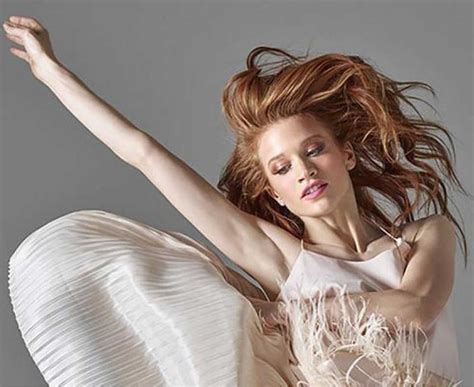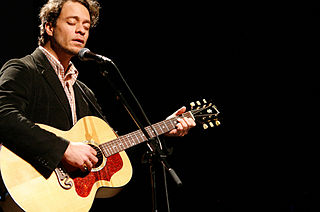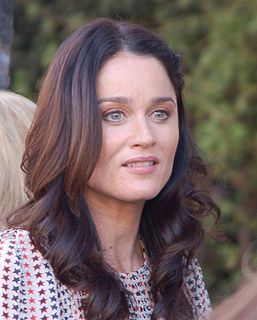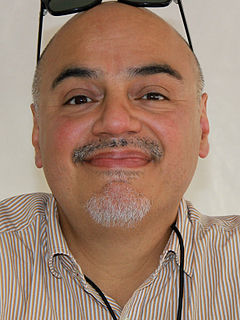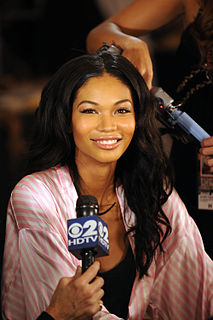A Quote by Max Richter
When I'm working with pictures, with images and storytelling, it's really about the sentiment and the emotional trajectory of the characters. That's really where the music lives, I think. That's what I'm focused on; that's what I respond to most strongly.
Related Quotes
I think in a post-9/11 world, with the images coming back from Iraq, everybody knows more and more people who are going over there... the images on the YouTube phenomenon where the violence is so immediate. Direct people need something stronger to respond to. I think that there's definitely a wave of directors - who are labelled the splat pack - who really, really care about making great scary movies.


